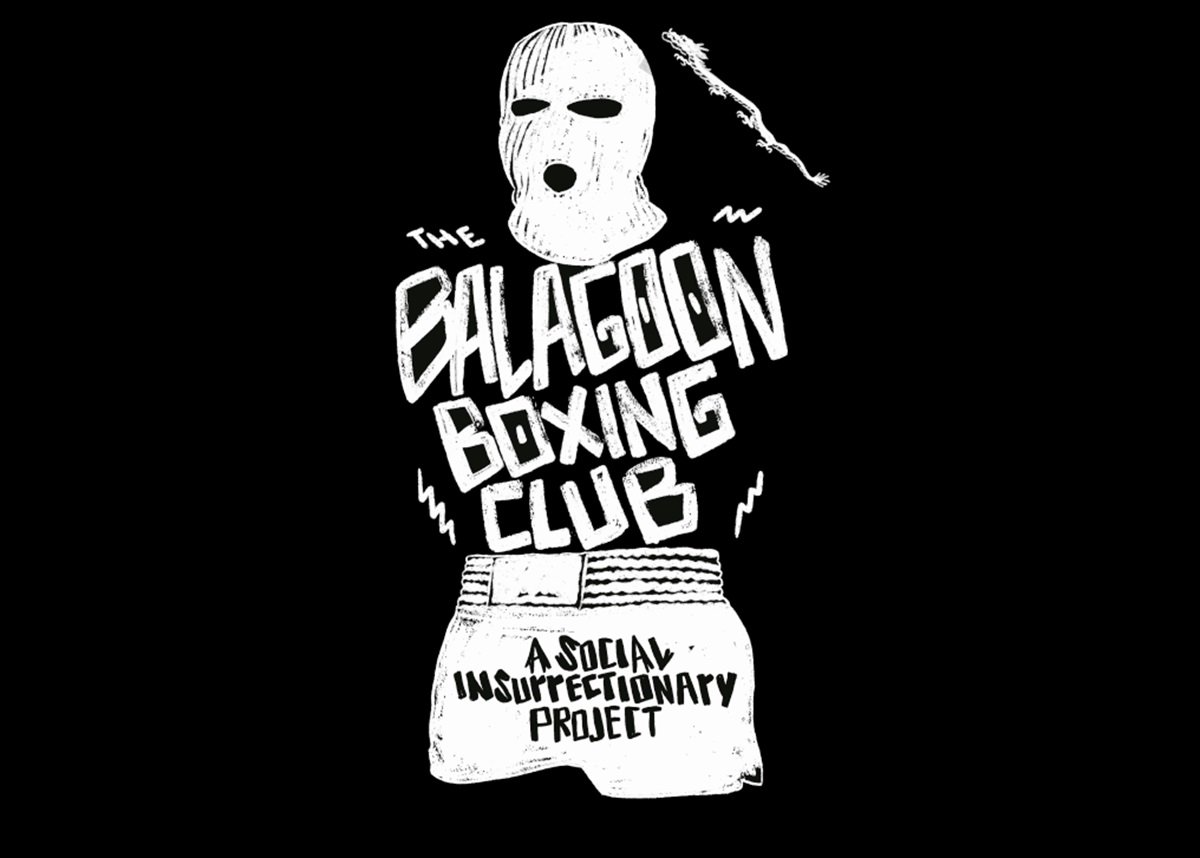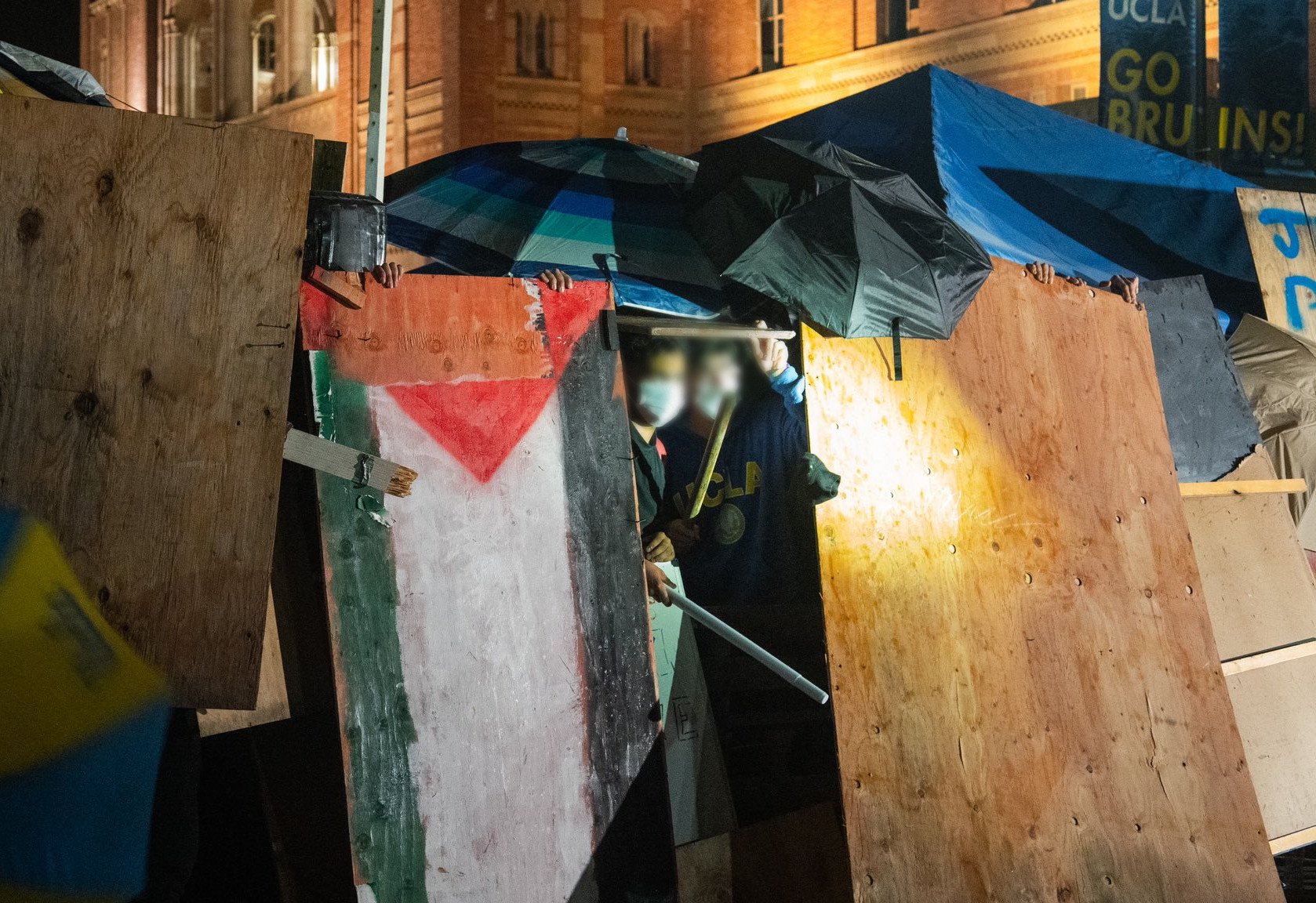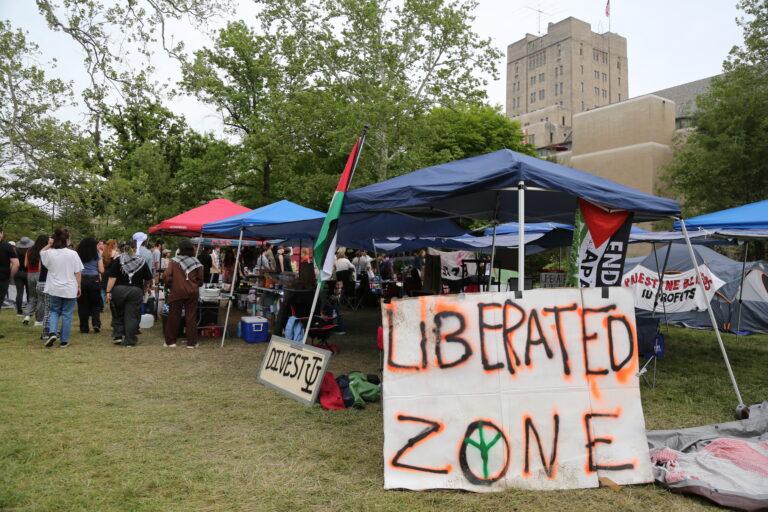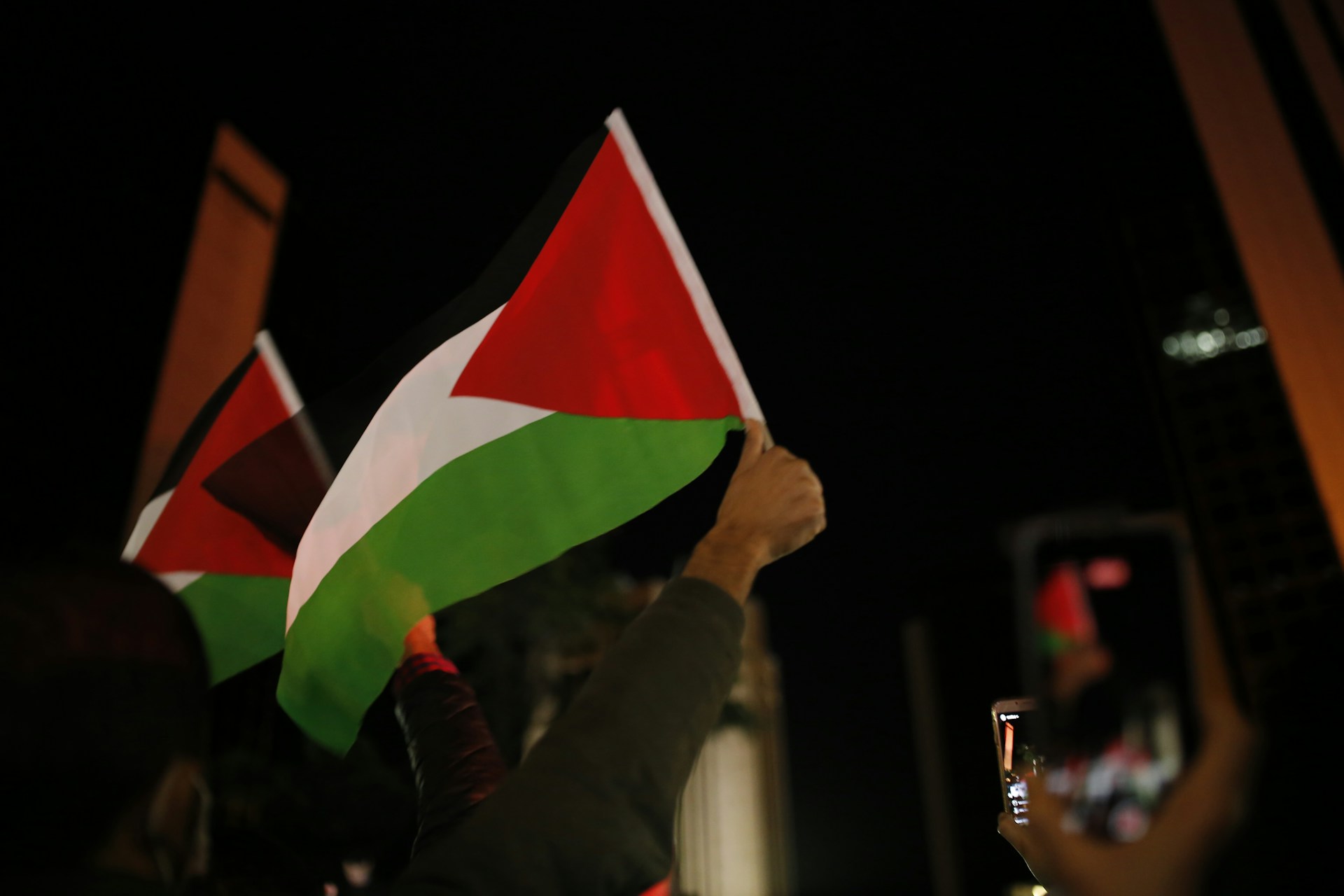Filed under: Analysis, International Coverage, The State

Introduction
In the few paragraphs below, Víctor Miguel sums up all that there is to say about Peru – or, all that can be said from Peru on the subject of the state regime that is imposed over the whole continent and beyond. With regard to the pardon of Alberto Fujimori by Pedro Pablo Kuczynski (PPK), there is little need for words, but rather for a deep and firm clarity. Fujimori was not pardoned by PPK, or rather, not by the hand of this corrupt president, about to be toppled for his misdeeds (the Odebrecht scandal). The murderer, thief, and infamous criminal Fujimori receives his freedom in an arrangement internal to the State structure: In exchange, another criminal, PPK, remains in the presidency. Both represent the state, which does not represent Peru or its peoples. (Or does it?) The Fujimori-supporting parliamentary majority was divided up in exchange for the pardon, and PPK purchased his continued presidency by freeing Fujimori. In Peru and everywhere, all that’s left for us is the streets.
Wherever it is, the State – whether it calls itself progressive or something else, is the institutional machinery by which capital and its sects, inside or outside this machinery, impose capitalist social relations. This includes, without a doubt, pacts between elites to make and unmake laws — a business that is secondary, irrelevant compared to the true sense of power from above: to maintain the illusion that the generous father, the State, will guarantee health care, education, and well-being for all, if only it were managed “well” — but since it’s in the hands of the “corrupt,” it’s poorly managed, or at least that’s what they tell us. But no — this is a lie! The State, be it managed by elites for their benefit or not, is corruption, is capital itself. With Fujimori free or in prison, Alejandro Toledo, Alan García, Ollanta Humala, and PPK have all been the same bullshit, just like all the heads of state in every country!
The question is not about whether or not to condemn Fujimori, or to put Humala, García, Toledo, or PPK in prison. The question is of the State and Capital: Not only the institutions, but also the Left and Right that believe in attempting to control it and ascend to power. To believe in the power behind desk, in those mechanisms, is to add oneself to the pardoning of some and the condemnation of others, so that nothing changes. To the streets, then, and in the streets to overcome this stupid faith in the State. That all of this is clearly visible in Peru today doesn’t mean that with Fujimori in jail, with PPK toppled and with Alan and Ollanta and Toledo convicted, nothing would change. At most, this would legitimize the same order, so that we might keep believing in it, and not in what we really need: Que se vayan todos! That they all must go! That the state be done away with! Power is capital, or it is the peoples unleashed from the state! Law and the state are nothing but a deal made between thugs to keep each other in power. Meanwhile, everywhere and despite it all, candidates keep running and the people keep turning out to vote. They may change the discourse, but not the facts: The state — not just its institutional functionaries — constitutes the filthy ties that bind us to this corrupt farce, that dispossess us. To the streets! Where are we? In real time.
– Pueblos en Camino
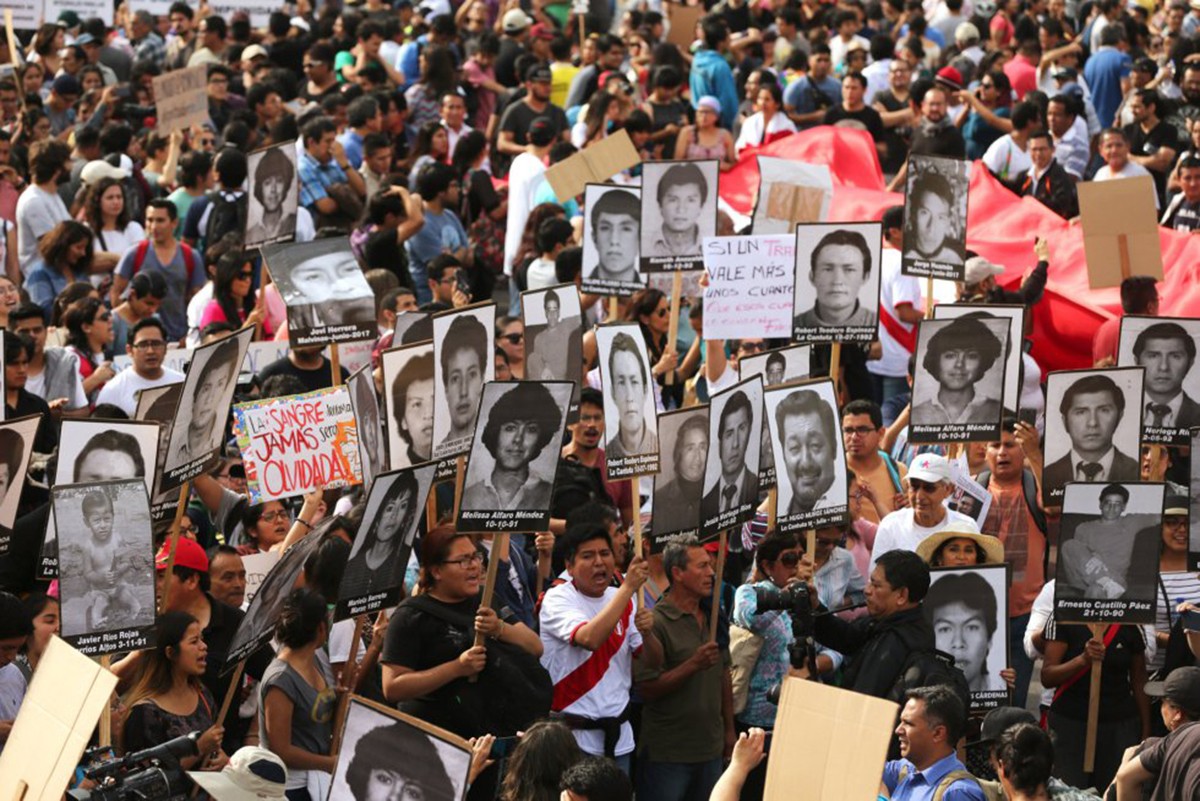
Fujimori is Free: The only agenda is the streets
Now it’s not important who did it and how. The pardon of Alberto Fujimori granted by Pedro Pablo Kuczynski closes the cycle of post-dictatorship democratic government in Peru and, as comrade Abel Gilvonio points out, “opens other paths for organization, mobilization, and direct confrontation against this model, beyond institutional paths.”
The “who” is not important because PPK operates as the State, under a governmental rationality created by Fujimori in 1990 with the blood of innocent victims, the disappearances of social leaders and journalists, the forced sterilizations of rural women, and a long etcetera that allowed him to construct a system that only deepened impunity, clientelism, and corruption: A list of deeds for which Fujimori, just hours ago, finished a sentence that was intended to continue until 2032. (1)
The “who” is not important now because we are facing an issue of historical memory in which the Left, social movements, and all forces of civil society do not need a vanguard nor arguments nor pre-designed government programs. We face demands and opportunities that have been imposed upon us, and the only program is the street and mobilization. There, there is an ethic and new connections to weave. There is no more blackmail imposed by those who always governed. No more “good” and “bad” justice. No more threats of seeing Fujimori free. No more excuses for division. Today, strategy and tactics converge (or dissolve) into one purpose, of not allowing PPK’s odious Christmas Eve agreement (2) to happen.
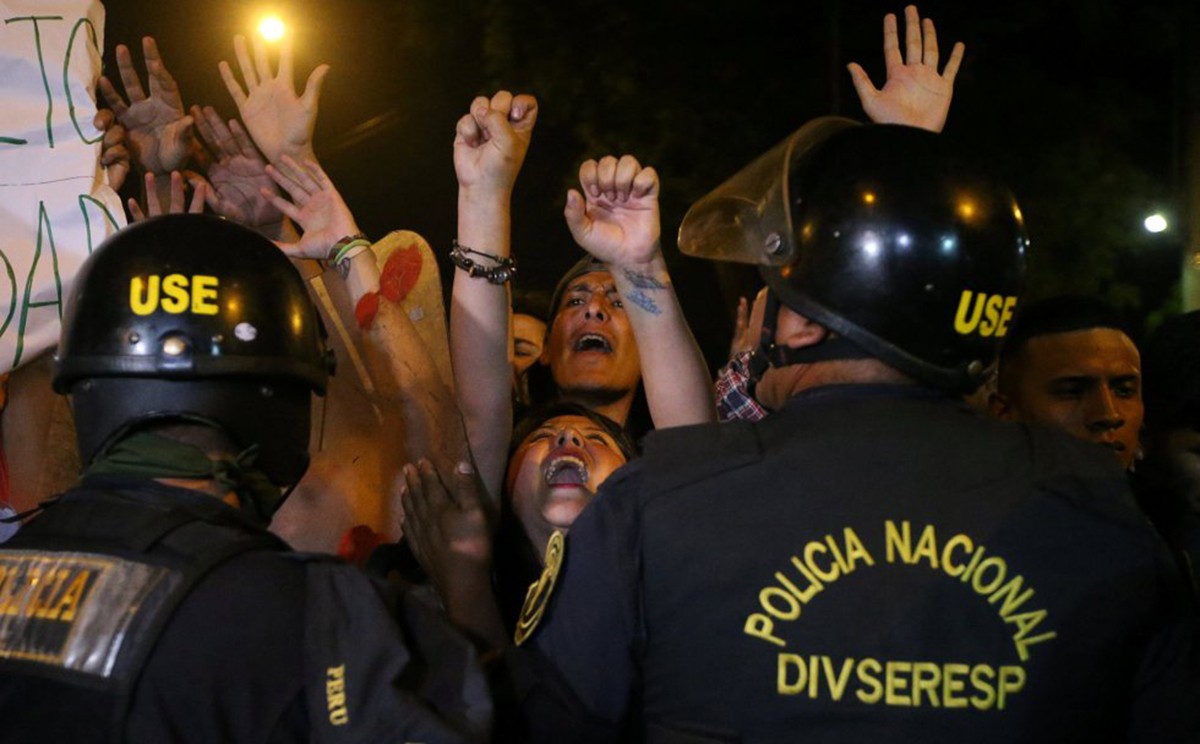
Critique and the streets. Plan and action. What kind of democracy is it that brought us where we are today? What does the hold that Fujimori still has on the public mean, and how has it been electorally legitimated in the last few years? What is presupposed by a change in governmentality from State terrorism to Fujimori-ism without Fujimori? What’s up with the eruptions that momentarily challenge this neoliberal order, which can spin from the State to those trying to reform it? How do those of us across the Left understand these multitudes that have never been in harmony with this model, and that never gave up on antagonism in the streets? What kinds of struggle and alliances do we need to get the kinds of lives we want?
These are urgent questions, which cannot be answered except through the experience of encounters with the multitude — a multitude that can break down the State mode of operation, as it did in July of 2000 with the March of the Four Suyos (the four cardinal points of the Inca empire), and that broke Fujimori’s governing power from that point forward, even beyond the personal conduct of those who went on to enter representative politics. History will not repeat itself, but recent events make clear the need to recover the plebeian disobedience of the streets. There will be no durable peace without a justice that is respected. For the victims of Barrios Altos and Cantuta – we cannot forget.
Víctor Miguel
December 25, 2017
Lobo Suelto
(1) http://archivo.elcomercio.pe/politica/gobierno/ultimo-minuto-fujimori-recibe-maxima-pena-violar-derechos-humanos-seguira-preso-hasta-anos-edad-noticia-270209
(2) https://www.pagina12.com.ar/84635-ppk-zafo-a-ultima-hora-pero-quedo-malherido
(3) https://es.wikipedia.org/wiki/Marcha_de_los_Cuatro_Suyos


